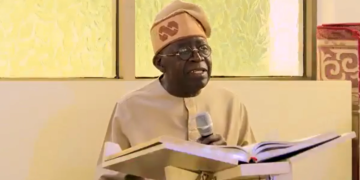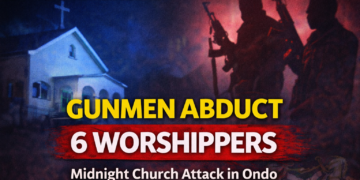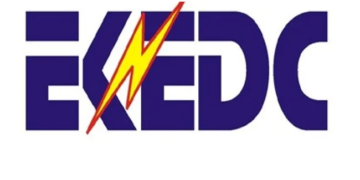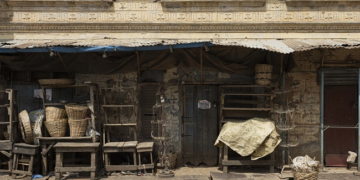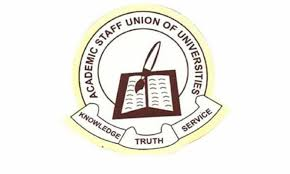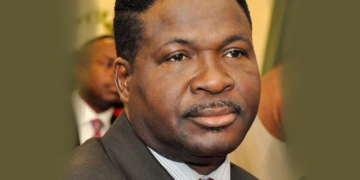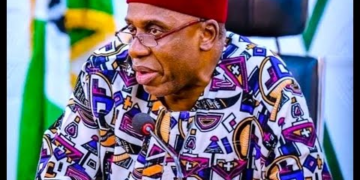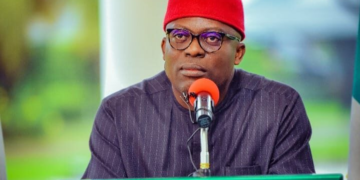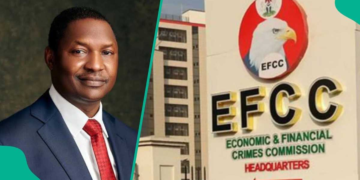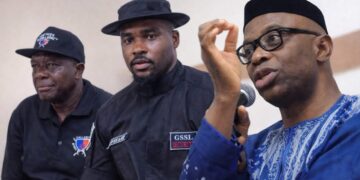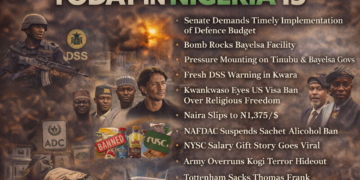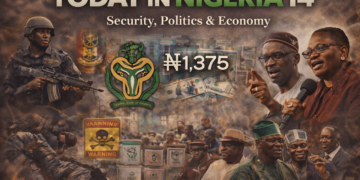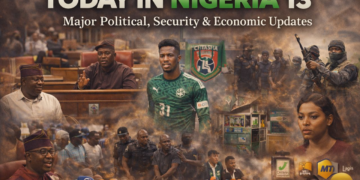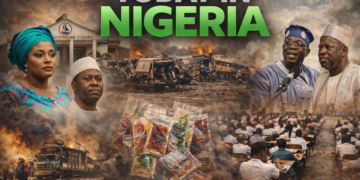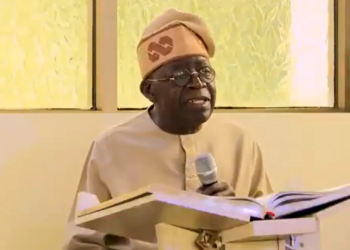Cracks within Nigeria’s opposition political parties have become evident as seven of them unite under a coalition named Concerned Political Parties (CCPP) to counter the ruling All Progressives Congress (APC). The coalition aims to resist what they perceive as the APC’s agenda to transform Nigeria into a one-party state.
The participating parties include the Peoples Democratic Party (PDP), the New Nigeria Peoples Party (NNPP), the Social Democratic Party (SDP), the African Democratic Congress (ADC), the Young Progressive Party (YPP), Allied Peoples Movement (APM), and the Zenith Labour Party (ZLP).
Following a meeting at the SDP national secretariat, representatives of the coalition addressed journalists, emphasizing their commitment to providing a strong opposition against the APC. They expressed concerns about the alleged stifling of viable opposition by the government and the potential shift towards a one-party state.
In response, the Labour Party (LP) positioned itself as the Third Force in Nigeria’s political landscape, asserting that the seven parties forming the coalition were like-minded and did not approach the LP.
During a press briefing in Abuja, Shehu Musa Gabam, the national chairman of the SDP, criticized the federal government’s budget, stating that theoretical approaches could not solve Nigeria’s economic challenges. The coalition aims to offer alternative solutions and strengthen democracy, particularly in light of perceived attempts to suppress opposition.
Acting national secretary of the PDP, Setinji Koshoedo, emphasized that the coalition’s purpose was to provide robust opposition and urged the government to review its policies for effective problem-solving. Ralph Nwosu, the national chairman of ADC, stressed the need to safeguard democracy against potential one-party dominance.
Abba Kawu Ali, the acting national chairman of the NNPP, expressed belief in the judiciary and the Supreme Court’s power to rectify past wrongs, citing concerns about electoral fairness.
However, the national publicity secretary of the LP, Obiora Iffoh, asserted that the coalition of seven parties was a group of like-minded individuals and clarified that the LP, as the third-largest political party in Nigeria, was not invited but should be leading the opposition.
Gabam also addressed concerns about the Bola Tinubu administration, criticizing the Renewed Hope Budget as theory-based and calling for a review by the National Assembly. He highlighted issues such as excessive borrowing, emphasizing the need for a balanced budget aligned with national interests.
Gabam raised concerns about the judiciary’s independence and urged caution to prevent political influence, especially in light of recent developments in various states. He also emphasized the pressing need for improved security in the country to foster both domestic and international investment.

